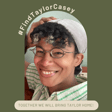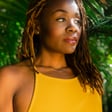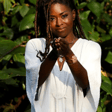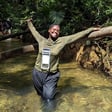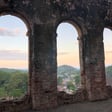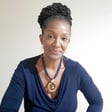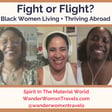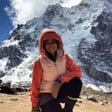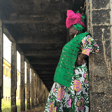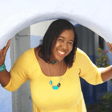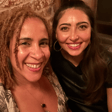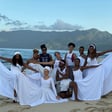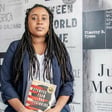
Dancing with Stillness Through Travel
I had a beautiful kiki with my travel and dance bestie Steve Rosa exploring the intersections of travel, identity, and community. We shared reflections about queer identity as travelers, especially the importance of cultural context in understanding gender and identity. We reflected on our experiences dancing together in Cuba and Steve’s sabbatical in India studying yoga and how identity shaped those adventures. We highlight the power of dance as a form of self-expression, the role of elders in sharing wisdom, and the resilience of the human spirit in the face of migration and political challenges. We explore the value of stillness and connection in enriching our travel experiences and personal growth.
Stay in touch with Steve on IG: @srosa24.
Produced and edited by Janna A. Zinzi (jaz) of WanderWomxn Travels.

